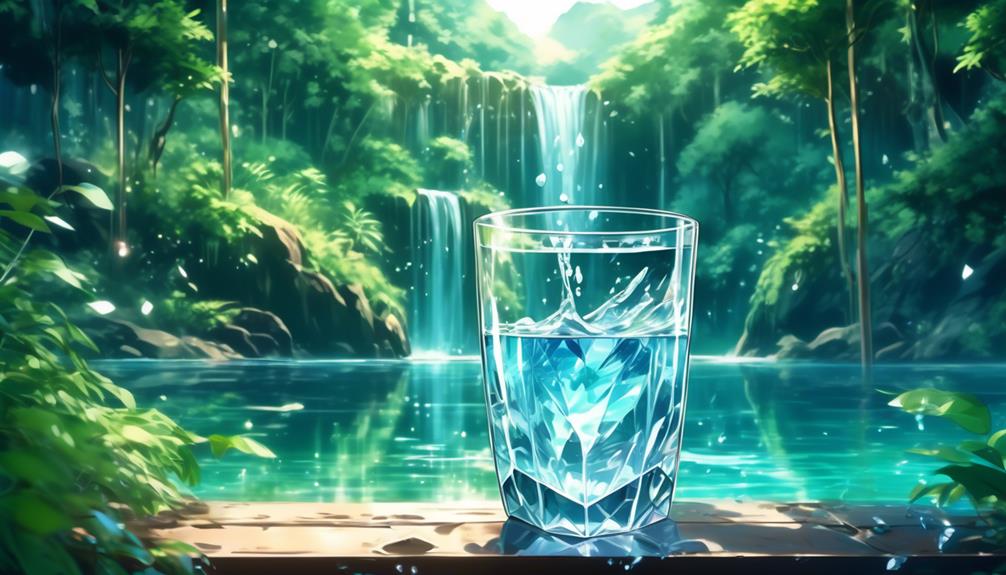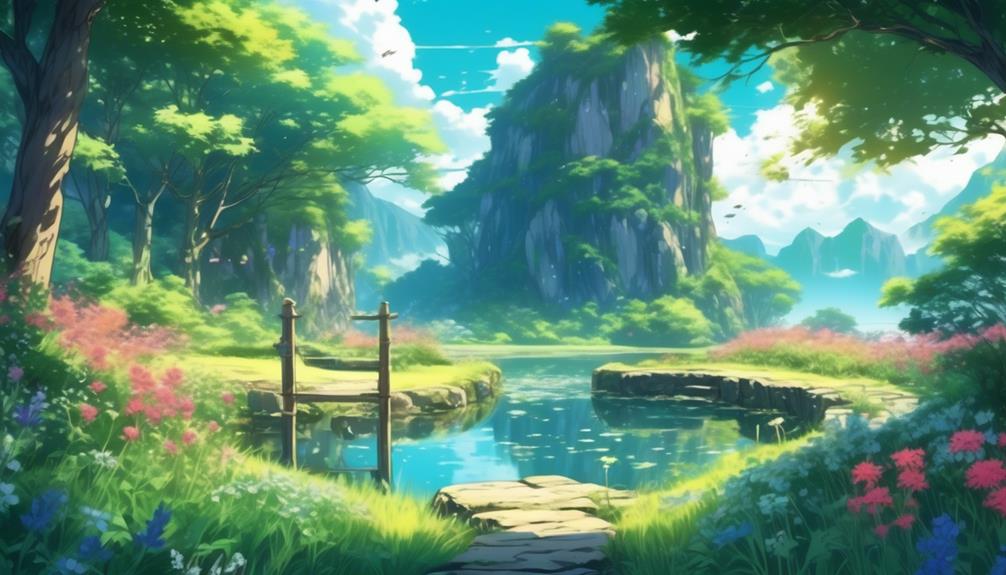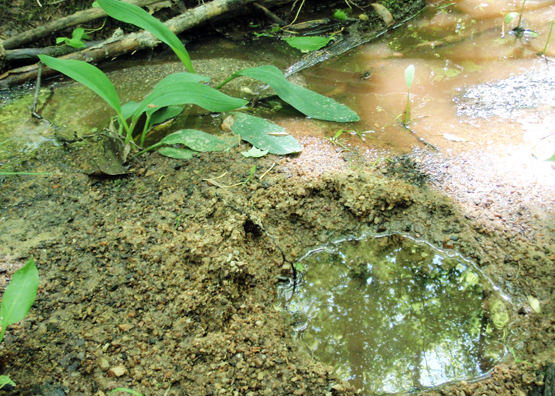So, you’ve found yourself in a dire situation, stranded near a remote bog or other question water source with no clean water in sight. Fear not, for there is a solution that may just save the day.
In this article, we will explore the fascinating technique of Gypsy Well filtration, a method that allows you to safely drink bog water without falling ill. But be warned, this is no simple task. It requires knowledge, skill, and a keen understanding of the environment.
So, if you’re curious to discover the secrets of digging a Gypsy Well and unlocking the key to survival in the most challenging of circumstances, keep reading.
Gypsy Well Filtration
- Wells have historically been important water sources in dry areas.
- Gypsy Well filtration can clarify muddy or stagnant water, improving its appearance and taste.
- Water filtration is a crucial step in water treatment, although it does not eliminate all contaminants.
- Gypsy Well filtration can be a cost-effective solution for improving the quality of surface water in emergency situations.
Importance of Well Digging

Well digging is a forgotten art and trade that has played a crucial role in providing essential water sources for farms and towns, particularly in dry regions. The importance of well maintenance can’t be overstated, as wells serve as a central water source and require regular upkeep to ensure their functionality.
Traditional well digging techniques, passed down through generations, employ precise methods to create safe and reliable wells. These techniques involve careful excavation, proper lining, and effective sealing to prevent contamination. Well maintenance involves periodic cleaning, reinforcing the well structure, and monitoring water quality.
Neglecting well maintenance can result in water scarcity, contamination, and costly repairs. By preserving and utilizing traditional well digging techniques, communities can ensure the longevity and reliability of their water sources, fostering a sense of belonging and self-sufficiency.
Gypsy Well Filtration Technique
The Gypsy Well Filtration Technique is a lot different than digging a traditional well and is more of a survival solution for a quick water source. A gypsy well clarifies muddy or stagnant water, improving its appearance and taste, but it doesn’t filter out contaminants. While it may not provide complete purification, there are advantages to using this technique:
- Cost-effective solution: Gypsy Well filtration can be a budget-friendly option for improving water quality, especially in emergency situations.
- Enhanced disinfection: By filtering out larger particles, the effectiveness of water disinfection techniques is improved.
- Improved aesthetics: Water looks and tastes better after filtration, providing a more pleasant drinking experience.
- Surface water solution: Gypsy Well filtration can be a helpful tool for addressing issues with surface water sources.
However, it’s important to understand the limitations of Gypsy Well filtration:
- Limited contaminant removal: This technique doesn’t eliminate all contaminants, so additional purification methods are necessary.
- Lack of expertise: Well digging should be done by experienced individuals, as it can be unsafe and impractical for novices.
- Not a stand-alone solution: Gypsy Well filtration is a rough form of filtration and shouldn’t replace proper water disinfection methods.
How To Dig A Gypsy Well
To create a well, start by digging a hole approximately one foot away from the questionable water source’s edge. Aim for a depth of one foot to ensure a sufficient volume for the well.
Now, it’s time to be patient. The hole will gradually fill with water as it seeps through the soil. Allow the water to sit for a few hours or overnight, then proceed to collect it and disinfect it using the best method available to you.
Whether boiling the water for 10 minutes, treating it with chemicals, or running it through a proper filter, ensure that it is properly disinfected.
This type of well, known as a percolation well, is most effective in sandy or loamy soils. Silt, mud, and clay do not percolate as effectively. However, it can also work in boggy areas where surface water is scarce but the water table is high.
In such cases, dig a hole about one or two feet deep in the lowest spot on the landscape you can find. Observe if water starts to fill the hole. If a few hours pass without any water, dig another foot deeper in the same hole or try another location.
Benefits of Water Filtration

What are the advantages of water filtration and how does it improve the quality of drinking water?
Water filtration offers several benefits that enhance the quality of drinking water. By effectively removing larger particles and sediment, filtration improves the appearance and taste of water, making it more appealing to drink.
Additionally, the removal of these particles increases the effectiveness of water disinfection techniques, ensuring that harmful microorganisms are more effectively eliminated. While water filtration does not eliminate all contaminants, it plays a crucial role in the overall treatment process.
Did You Know? “Water filtration systems have been used since ancient times. The ancient Egyptians used sand and gravel to filter water, while the Greeks and Romans used charcoal. Today, we have advanced filtration systems that are highly effective in improving water quality.”
Alternatives to Gypsy Well Filtration
One alternative to Gypsy Well filtration is to consider drinking clean bottled water as a safe and convenient option. When comparing bottled water to Gypsy Well filtration, there are a few important factors to consider:
- Assurance of Water Quality: Bottled water undergoes rigorous testing and quality control measures to ensure it’s safe for consumption. This provides peace of mind regarding the water’s purity and safety.
- Convenience: Bottled water is readily available in most stores, making it a convenient choice for individuals who don’t have access to Gypsy Well filtration techniques.
- Reliability: While Gypsy Well filtration can be a cost-effective solution, it may not always be readily available in emergency situations. Bottled water offers a reliable source of clean drinking water during times of need.
- Consistency: Bottled water provides a standardized level of quality and taste, which may be preferred by individuals who desire a consistent drinking experience.
Considering these factors, clean bottled water can be a viable alternative to Gypsy Well filtration, especially in terms of availability and convenience. So if you’re going out into the wilderness, always take as much bottled water as you can carry for the length of time you plan to be away.
Always Remember…
The Gypsy Well filtration technique can be a valuable tool in emergency situations where clean drinking water is scarce. By clarifying muddy or stagnant water, it enhances the taste and appearance, improving the effectiveness of water disinfection methods. Just remember to always disinfect it using after collecting with the best method available to you after filtration.

